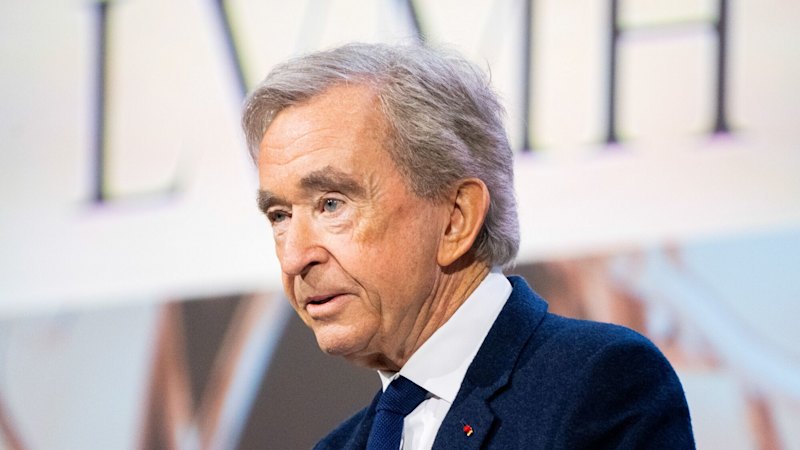
In a fierce response to a proposed wealth tax targeting the ultra-rich, prominent French business leaders have condemned the plan as “insane” and “communist.” The Socialist Party is advocating for a minimum annual tax of 2 percent on individuals with fortunes exceeding €100 million (approximately $178 million). This push aims to address France’s significant public deficit as political pressures mount on Prime Minister Sébastien Lecornu following the instability of a hung parliament.
The initiative, often referred to as the Zucman tax after economist Gabriel Zucman, is viewed by many in the business community as a direct threat to the French economy. Billionaire Bernard Arnault, who holds a controlling interest in the luxury conglomerate valued at €256 billion, described the proposal as a “clearly stated desire to destroy the French economy.” Arnault’s remarks highlight the tension between government policies and the interests of the nation’s wealthiest citizens.
In an interview with the Financial Times, Éric Larchevêque, co-founder of the cryptocurrency wallet company Ledger, echoed Arnault’s sentiments, labeling the tax a “fundamental attack on my freedom and right to property.” Despite Ledger’s valuation of €1.3 billion, the proposed tax would apply to those whose businesses do not currently yield profits or dividends, creating a financial burden for entrepreneurs.
Should the Zucman tax be enacted, it would significantly alter the landscape of fiscal policy in France, which has long been characterized by a business-friendly environment under President Emmanuel Macron. Since his election in 2017, Macron has sought to foster a “start-up nation,” implementing reforms that reduced corporate taxes from 33 percent to 25 percent and replaced a net wealth tax with a focus on real estate assets. However, the president’s popularity has waned due to perceptions of favoring the wealthy.
Supporters of the Zucman tax claim it could generate up to €15 billion annually, potentially mitigating the need for spending cuts. Yet, some economists argue that the actual revenue might be closer to €5 billion. The political ramifications are significant, given that Lecornu’s predecessor, François Bayrou, was ousted over his proposed budget that included extensive spending cuts.
Criticism of Zucman has come from various sectors. Arnault dismissed him as a “far-left activist” whose intentions threaten the liberal economy. Zucman, in turn, rebutted these claims, stating that calls for a minimum tax on billionaires are grounded in a need for fairness and equity. His assertion reflects a growing sentiment among the public; a recent Ifop survey revealed that 86 percent of those polled support the Zucman tax.
The discussion around wealth taxation is particularly salient in France, home to some of the world’s richest individuals. Last week, over half a million protesters marched in cities across the country, advocating for increased taxation on the wealthy to address impending spending cuts. This grassroots support underscores the broader societal demand for reform.
Fabrice Le Saché, vice-chair of the business lobby Medef, noted the challenges in communicating the implications of such taxes. “Who is going to say no if you say ‘let’s tax the rich at 2 percent?’” he questioned, highlighting the general misunderstanding regarding the value of companies versus actual cash flow.
As discussions continue, many business leaders anticipate some form of wealth tax will be implemented, albeit potentially in a less aggressive format than the Zucman proposal. Options under consideration may include extending temporary measures from this year’s budget, such as additional taxes on high earners and larger corporations.
The ongoing debate surrounding the proposed wealth tax encapsulates the broader tensions in French politics, economics, and societal values, as leaders and citizens alike grapple with the implications of wealth distribution and public finance.






